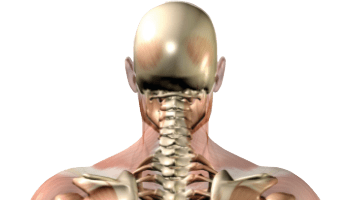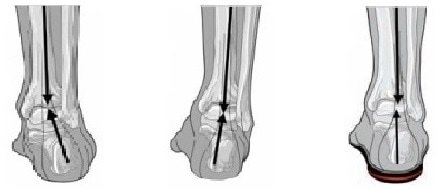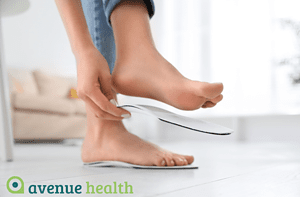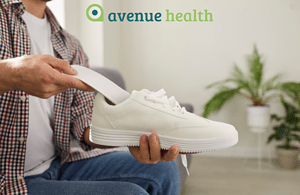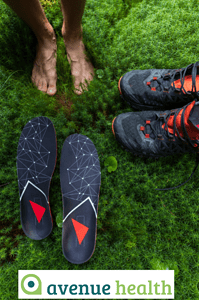What role can my feet play in knee pain?
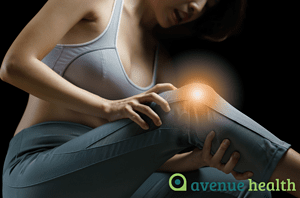
Knee pain can impact your life in many ways: from holding you back from enjoyable activities in life to preventing simple, everyday tasks such as climbing stairs.
You may have heard that injuries, overuse, obesity, and arthritis can cause knee pain. However, did you know that your feet could also be the culprits behind your annoying knee pain?
One of the most common ways that your feet can contribute to knee pain is through overpronation. Overpronation occurs when your foot rolls inward too much as you walk or run, causing your arch to collapse (hence why overpronation is also known as ‘dropped arches’). This movement leads to your knees rotating inward, which can put additional stress on your knee joint, leading to discomfort.
Conversely, underpronation (also known as supination) can also cause knee pain. Underpronation occurs when your foot rolls outward too much as you walk or run, causing your weight to be distributed unevenly across your foot. This can lead to additional stress on your knee joint, causing pain and discomfort.
Another way that your feet can contribute to knee pain is through wearing shoes that don’t provide enough support. Shoes with inadequate arch support can cause problematic overpronation or underpronation. Footwear that fits well, provides adequate support and cushioning, and has proper arch support can work wonders in keeping your feet and knees happy.
So how can you ensure that your shoes are providing your feet with enough support?
This is where orthotics come in.
What are orthotics and how can they help my knee pain?
Orthotics are custom-made shoe inserts designed to provide support and improve the alignment of your feet and ankles. If you’re experiencing knee pain, orthotics can help by correcting any misalignments or abnormalities in your foot and ankle structure, which can lead to improved biomechanics (movement) and reduced stress on your knee joint.
For example, if you have flat feet or overpronation, orthotics can help to support your arch and prevent excessive inward rolling of your foot. This, in turn, can reduce the amount of stress on your knee joint, helping to alleviate knee pain.
Similarly, if you have high arches or underpronation, orthotics can provide cushioning and support to help distribute your weight more evenly across your foot, which can also help to reduce knee pain.
I think that my feet are causing me knee pain – what can I do next?
Although knee pain can come and go during a person’s life, one thing is for sure: it is unpleasant and can cause a person a lot of suffering. Whether it’s a niggle that will likely get worse or you’re already really suffering, it’s important to seek proper treatment to manage knee pain and prevent it from interfering with your life.
So, what role can my feet play in knee pain? You can look for tell-tale signs that you have dropped arches (overpronation) or are underpronating, by first inspecting your shoes. If there is a lot of wear on the inside sole near the ball of the foot, you may have dropped arches (overpronation). As a result, you may have developed hard calluses on the outside of your big toe. Another sign of overpronation is if your shoes ‘cave’ inwards when you walk on a flat surface – you can ask someone to walk behind you and check this if you are unsure.
Alternatively, if the sole of your shoe is worn at the heel, it’s likely you’re underpronating.
Our expert team at Avenue Health are here to assess your knee pain and its underlying causes, and provide you with custom-fitted orthotics where necessary.
Book a Gait Scan or New Patient Assessment today, or contact our friendly clinic on 020 8395 1177 for more information, and walk towards a future free from knee pain.
